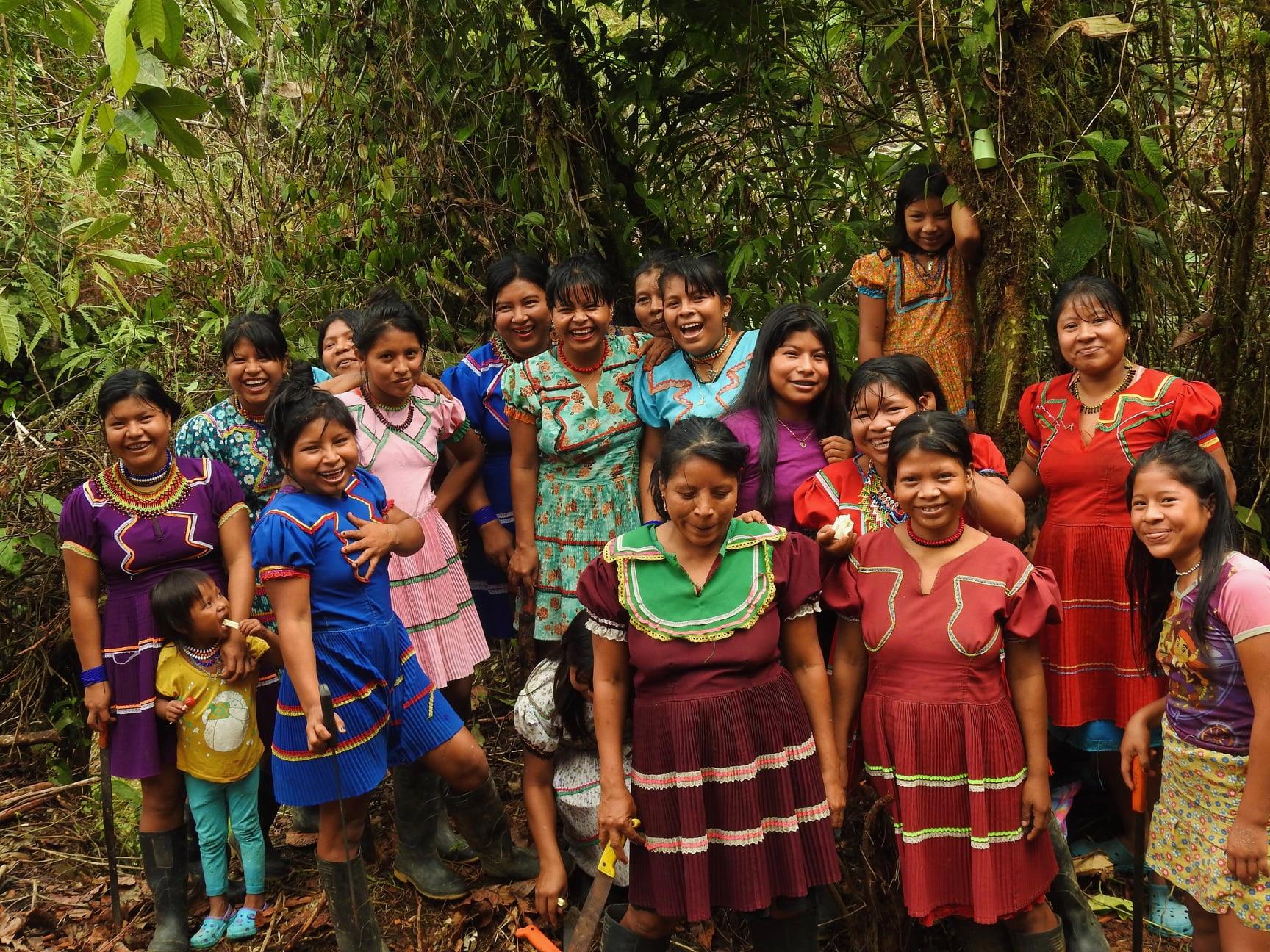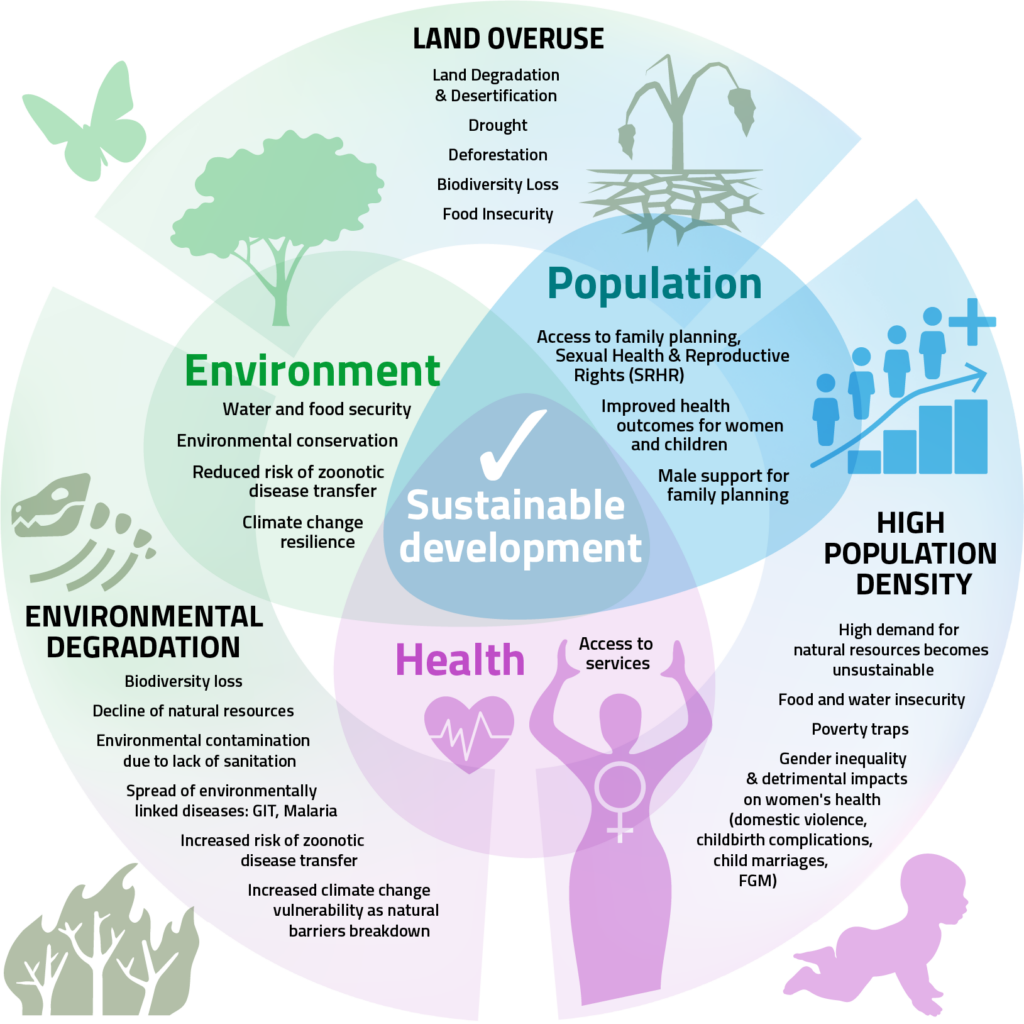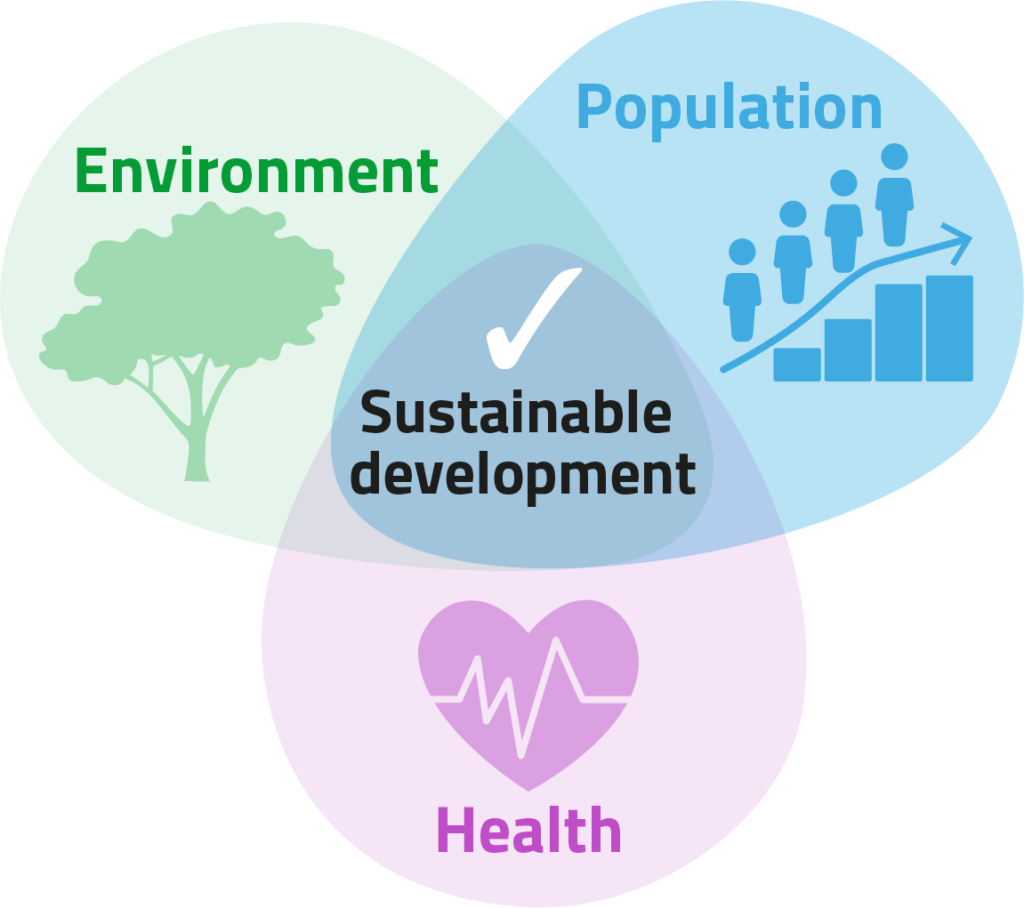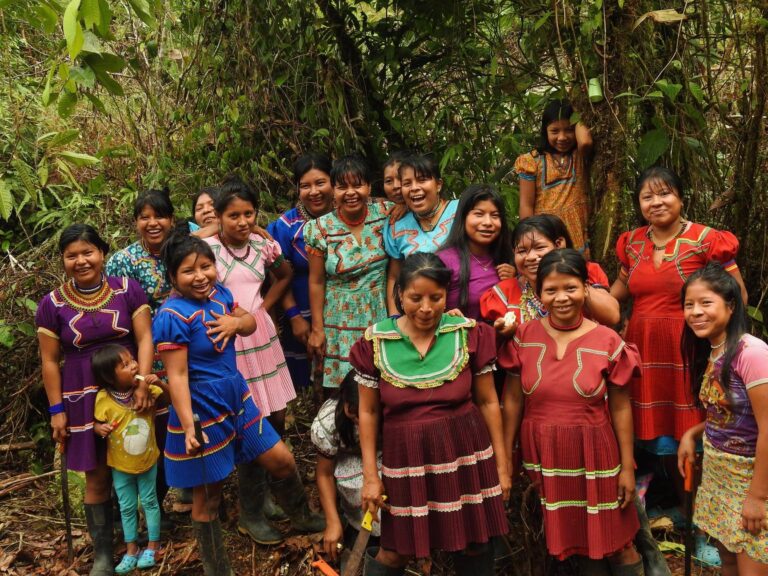
PHE: The UK Government’s Narrow Outlooks Persist
Following our campaign for the UK government to fund Population Health Environment (PHE) projects, we’ve received an official response from the Foreign, Commonwealth, and Development Office (FCDO). Campaigns and Media Officer Madeleine Hewitt addresses the positives and negatives of the FCDO’s reply.
Earlier this year, we launched a campaign ask directed at the FCDO, for the UK government to announce funding for PHE projects under its commitments to the Global Biodiversity Framework and international aid.
PHE projects focus on providing voluntary family planning information and services, environmental conservation, and education on sustainable natural resource management in a coordinated manner. At Population Matters, we believe PHE is the vital solution to our interconnected environmental crises, by reducing high population pressure on natural resources and putting local people at the heart of sustainable environmental stewardship.

Thank you to all our supporters who participated in our PHE campaign, we appreciate your continued support and are pleased to announce we received an official response from the FCDO, which you can read here.
population matters’ response
We have selected a series of quotes from the letter to directly respond to and address what the FCDO gets wrong on population.
With regard to supporting family planning and tackling population to improve local communities. The UK is a strong defender of Sexual and Reproductive Health and Rights (SRHR) – including that all people, have the fundamental right to make informed choices about their own sexuality and fertility free of coercion, discrimination, or violence.”
Parliamentary Correspondence Team, (FCDO)
We praise all the UK government has done and is doing to fund sexual and reproductive health and rights (SRHR), with its long-term support for the United Nations Population Fund (UNFPA).
However, we are also aware of systemic cuts to SRHR funding in recent years by the UK government, which has had a detrimental impact on SRHR work in priority areas, forcing bodies such as UNFPA to scale back.
According to the International Development Committee report on this issue, the government has reduced its spending on sexual and reproductive health by a third, halved its spending on family planning, and cut spending on reproductive, maternal, newborn and child health by 37 per cent since 2019. The scale of the current shortfall in SRHR funding cannot be downplayed as it underlies the crisis of more than 257 million women with an unmet need for safe, modern contraceptives.

In campaigning for the UK government to start funding PHE, which involves a holistic approach to family planning alongside environmental conservation, we sought for the government to recognise it could close SRHR funding gaps through PHE policies. The holistic approach offered by PHE means it could also draw from allotted budgets to support the Global Biodiversity Framework and the UK government’s commitments to fund climate change resilience in vulnerable countries.
Freedom to choose
The UK also believes that everyone everywhere should be able to freely decide whether, when and how many children to have.”
Parliamentary Correspondence Team, (FCDO)
Population Matters strongly agrees with this, as we recognise that having children and determining the size of your family is a deeply personal and sensitive decision. We would never endorse restrictive policies that seek to determine or limit how many children people should have, we believe that choice firmly rests in the hands of the individual.
Our Small Families campaign provides resources to help people understand how choosing to have a smaller family can achieve positive environmental benefits for people and the planet.

The elephant in the room
Although the world faces significant environmental and economic challenges, they cannot be solved by trying to force population growth or decline.”
Parliamentary Correspondence Team, (FCDO)
The interconnected environmental crises the world is facing are the results of the environmental toll that high population growth and our overconsumption of resources have placed upon the planet.
Since 1970, the global human population has increased from 3.7 billion to now over 8 billion. In the same time frame, WWF’s Living Planet Report 2022 reported that global wildlife populations have plummeted by 69 per cent on average. As humanity continues to demand more from the earth, so too do we leave less space and fewer resources for the remaining other species on this planet.
The Global Footprint Network estimates that we are currently in ecological overshoot, with humanity demanding 70 per cent more than the earth’s ecosystems can regenerate, the equivalent of using the resources of 1.7 earths.
Our recent Dried Up Futures report outlines how population growth is an accelerator of worsening droughts and increasing desertification.

In addition, the IPCC has cited population growth as one of the two strongest drivers (alongside per capita GDP) of carbon emissions causing climate change.
It’s frustrating that the FCDO fails to see this from the global perspective when it’s clear that population growth is a driver of all these environmental issues.
Population Matters must continue our efforts to improve understanding of the impacts of continued population growth and how it can be addressed through positive, ethical means to help solve the environmental crises shaping the world today.
More work to do
Women’s bodies should not be used to solve global challenges – international action to tackle climate change and biodiversity loss must be grounded in human rights and seek to alleviate rather than reinforce existing inequalities.”
Parliamentary Correspondence Team, (FCDO)
PHE’s focus on choice-based family planning puts women in charge of their own fertility and in turn their own futures. Evidence shows that women overwhelmingly choose to have fewer children and space their pregnancies when an unmet need for safe, modern contraception is fulfilled. If women can delay or space their pregnancies, this provides them the opportunity to instead pursue higher education or develop careers, advancing their economic status.
Family planning isn’t just the sole responsibility of women, men also have an important part to play. PHE has been shown to improve male support for family planning, when it’s framed in the context that having a smaller family makes it easier to balance the family budget.
PHE is focused on better outcomes for local people, their health, and their environment. The approach of PHE is grounded in human rights and can help achieve the Sustainable Development Goals: from ending poverty to achieving gender equality and ensuring a sustainable distribution of natural resources for all, ending food insecurity and drought.
It’s a shame that the UK government does not yet recognise the multiple benefits that can arise from a PHE approach, but it emphasises the need for us to continue our work to improve our understanding of the multiple positive benefits that can be achieved through PHE.

FINAL THOUGHTS
There is a lot to digest in the FCDO’s response to our PHE campaign, most importantly it underlines that population growth is not yet fully understood as a driver of our interconnected environmental crises, from climate change to accelerating biodiversity loss.
We must continue our work to raise awareness of the environmental impacts of continued population growth and the positive, beneficial solutions that are out there to address population, such as PHE.



